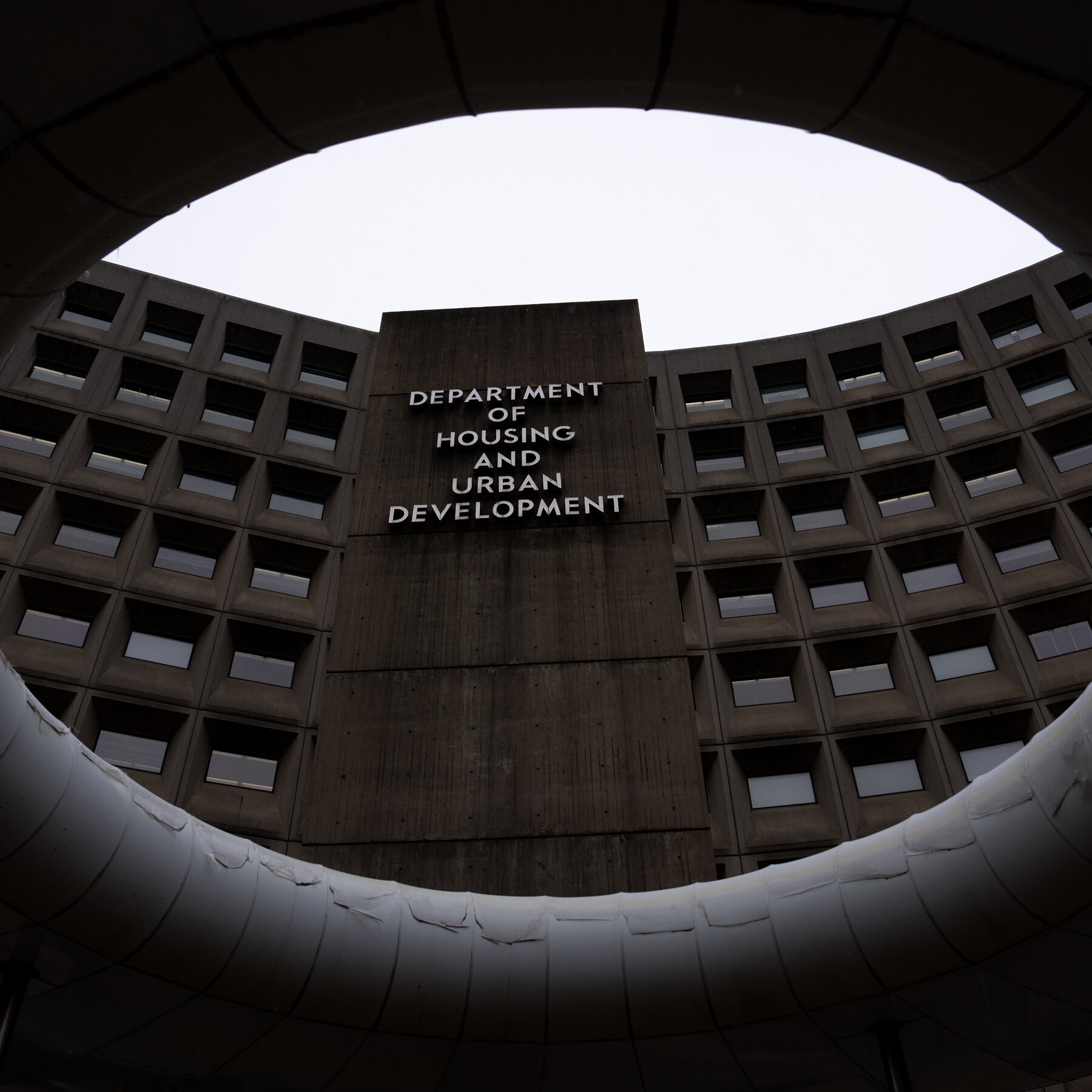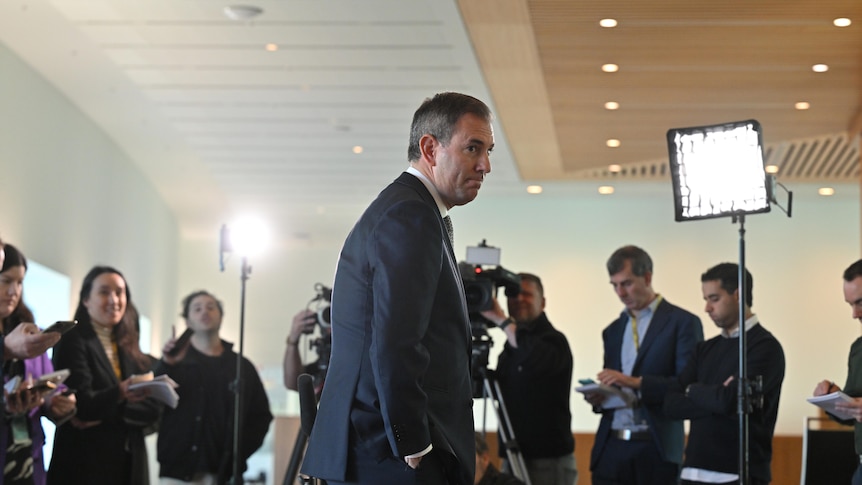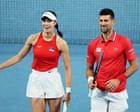World’s best ready to sprinkle stardust on US Open mixed doubles | Tumaini Carayol (Quelle: The Guardian)
A revamped competition with the top singles players and held the week before the main tournament has caught attention at Flushing MeadowsA few hours after Taylor Fritz’s third-round match at the Cincinnati Open, the theme of his post-match press conference shifted from his tough victory against Lorenzo Sonego to the looming US Open mixed doubles tournament. The first question posed to him on this subject was carefully prefaced with the acknowledgment that mixed doubles was probably not his priority in the middle of one of the biggest tournaments in the world. As a grin spread across his face, Fritz quickly interjected: “It is a priority,” he said.Fritz had been asked whether he had any sympathy for the frustrated doubles specialists who had been brushed aside to make room for the transformation of this event. From his perspective, the right players were in the draw: “I’ve seen a lot of people calling it like an exhibition, or it doesn’t count. I personally think this is the strongest mixed doubles field you’re going to see at a grand slam, in my opinion. If the mixed doubles teams that are in come in and win the event, then I’ll eat my words and say I’m wrong, but I personally think the level is going to be really high,” he said. Continue reading…
Housing Agency to Offer Material Only in English, Official Says (Quelle: NYT > U.S. News)
The change at the Department of Housing and Urban Development could make it hard for speakers of other languages to access federal services.
The Guardian view on Britain’s AI strategy: the risk is that it is dependency dressed up in digital hype | Editorial (Quelle: The Guardian)
The UK’s plans seem to outsource sovereignty for phantom efficiency. Public services provide the data and power while US tech giants reap the rewardsThere was a time when Britain aspired to be a leader in technology. These days, it seems content to be a willing supplicant – handing over its data, infrastructure and public services to US tech giants in exchange for the promise of a few percentage points of efficiency gains. Worryingly, the artificial intelligence strategy of Sir Keir Starmer’s government appears long on rhetoric, short on sovereignty and built on techno-utopian assumptions. Last week Peter Kyle, the technology secretary, was promoting the use of AI-generated discharge letters in the NHS. The tech, he said, will process complex conversations between doctors and patients, slashing paperwork and streamlining services. Ministers say that by applying AI across the public sector, the government can save £45bn.But step back and a more familiar pattern emerges. As Cecilia Rikap, a researcher at University College London, told the Politics Theory Other podcast, Britain risks becoming a satellite of the US tech industry – a nation whose public infrastructure serves primarily as a testing ground and data source for American AI models hosted on US-owned cloud computing networks. She warned that the UK should not become a site of “extractivism”, in which value – whether in the form of knowledge, labour or electricity – is supplied by Britain but monetised in the US.Do you have an opinion on the issues raised in this article? If you would like to submit a response of up to 300 words by email to be considered for publication in our letters section, please click here. Continue reading…








